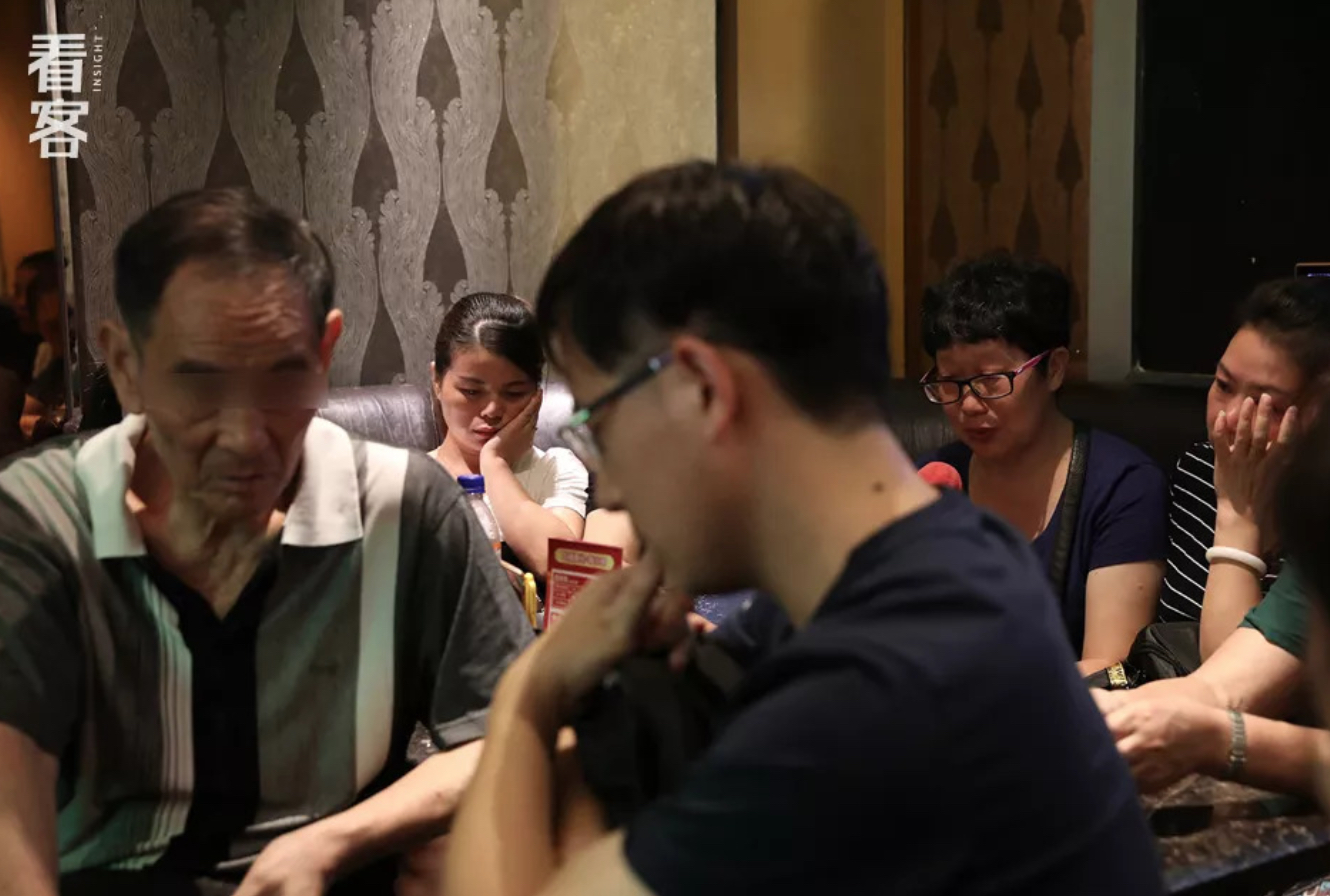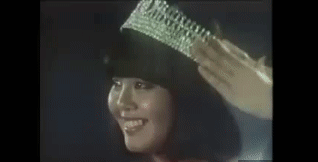Chinese corner: The peer-to-peer lending meltdown, Miss Hong Kong, and domestic abuse
Chinese corner: The peer-to-peer lending meltdown, Miss Hong Kong, and domestic abuse

August 24, 2018
Once seen as an innovative financial tool fervently endorsed by Chinese state media and government officials overseeing the country’s economic segment, the peer-to-peer lending industry in China suffered an epic collapse this summer amid a large-scale crackdown on risky shadow-banking activities, leaving a large number of small investors devastated by their loss. Attracted by promises of incredibly high returns, many of the affected poured their life savings into the scam without getting proper warnings from the government. And now, after the bubble burst, their protests and demonstrations have been closely watched and suppressed by the authorities.
In this dismal portrayal of middle-class and working-class Chinese dreamers under the direct influence of the P2P meltdown, 看客inSight shows how a nationwide financial crisis could brutally destroy the lives of individuals, whose misfortunes are often downplayed by officials to curb the spread of panic and maintain general optimism toward the country’s economic future.


Miss Hong Kong
By 崔惠彦 | 浪潮工作室
August 23, 2018
When the first Miss Hong Kong took place in a nightclub in 1946, it was essentially an infamous swimsuit contest. With only 11 contestants, who were mostly ladies of the night, the pageant, as the Sing Tao Daily noted, was created to “ease the widespread anxiety in Hong Kong after years of military conflicts as people were craving something fun, relaxing, or even romantic upon the arrival of world peace.” As it progressed, winning the competition gradually became a shortcut for aspiring actresses to make it to the city’s entertainment industry. Meanwhile, the bar for what makes a winner was greatly raised to a level where most contestants were upper class, well educated, and conventionally attractive. The article dives into the intriguing history of Miss Hong Kong, explaining what it means to Hong Kong’s pop culture and why it started to lose its viewership in recent years.


The invisible victims of domestic abuse
By 张倩 | 谷雨实验室
August 11, 2018
In 2016, Getu 格图, then 12 years old, witnessed how a violent dispute between his parents led to his mother’s death after years of physical and mental abuse. Two years later, he’s now receiving various kinds of counseling to “restore a peaceful mind.” Meanwhile, one year after the father of Little Jing 小径 set fire to his mother, who suffered terrible burns all over her body, the 15-year-old boy became extremely violent toward people around him and refused to receive any kind of assistance.
In China, there are millions of children like Getu and Little Jing. While they are not physically hurt by violence between their parents, the trauma that they experience when they witness domestic violence at home can have long-term effects on their mental growth.


Rewriting classics to correct ‘distorted worldviews’
为了 “正三观”,这些同人文作者正在改写一切他们不满意的原著
By Odile | VICE
August 13, 2018
In a previous installment of this column, we noted the emergence of moral policing among Chinese movie reviewers, who often pick easy targets like fictional female protagonists to lambaste their “incorrect worldviews.” Now it turns out that some people are willing to take their complaints further by rewriting classics in a way preferred by them. At Vice, author Odile dives into this burgeoning online territory of prolific angry writers, who transform their profound dissatisfaction with the original into their own versions of stories:
“On one hand, on the Chinese internet, there are plenty of fanfictions defying popular interest, social norms, moral standards. These writers abhor the idea of attaching meaning and values to their work, which often leave outsiders feel appalled by the worldviews depicted in their writing. On the other hand, some fictions are created to correct ‘distorted worldviews’ in the original. These writers have a penchant of judging classics from a moral point of view and making adjustments to their own favor. The conflict between these two groups, one trying to escape the reality by indulging in fiction writing and one using rules in the real world to judge fictions, offers me a glimpse into the complicated mind of young people in China.”






